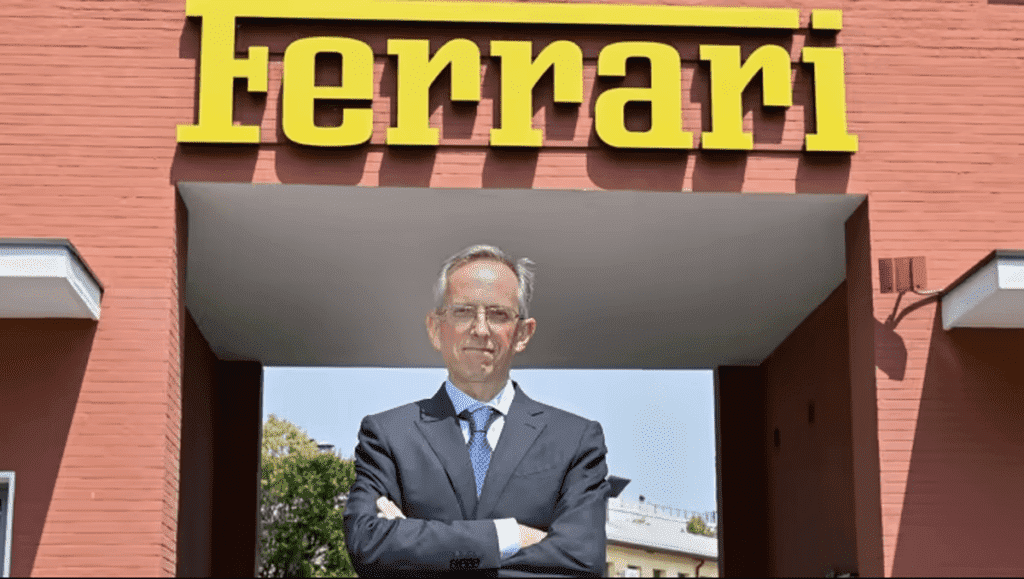#Ferrari #EV #electric #V12
$RACE
“A Key reason why Ferrari is not so keen is that the heavy battery will affect the supercar experience”— Paul Ebeling
Italian luxury automaker Ferrari, which makes many of the world’s fastest cars, has been stuck in the slow lane as it transitions to electric vehicles. As it is trying to overcome the power disadvantage of EV relative to today’s already very powerful internal combustion engines.
At last month’s investor day, Ferrari executives promised a new era, with the launch of its 1st all-electric sports car in Y 2025. However, for now, the internal combustion engine is still the core aspect of its research. Unlike other rivals, Ferrari has not provided a roadmap for electrification of all its models, although brands such as Volkswagen’s Bentley and Volvo are targeting Y 2030. A Key reason why Ferrari is not so keen is that the heavy battery will affect the luxury car experience.
Ferrari makes some of the fastest cars on the road, but the luxury Italian automaker is taking the slow lane to an electric future as it tries to overcome the technology’s disadvantages against today’s powerful fossil fuel engines. Though executives promised a new era, with the first fully electric Ferrari in Y 2025.
But for now, combustion engines remain the noisy heart of what it does.
The carmaker has told investors it is targeting a core profit (EBITDA) margin of 38-40% in 2026, Vs 35.9% in 2021.
Its line-up could also grow to at least 17 models by 2026 from 12 today. But most new models will, at least initially, have a combustion engine – including its 1st SUV, the Purosangue, powered by its trademark huge 12-cylinder engine though some may be hybrids.
A Zero-emission future poses the same challenges for Ferrari as it does for rivals – EV batteries weigh hundreds of kilograms, which affects aerodynamics and handling, and can’t match the sustained power and throaty roar of a massive combustion engine.
To solve those expensive challenges, Ferrari is researching solid state batteries, which could theoretically improve battery power, as well as hydrogen fuel cells and synthetic fuels, both of which face an uncertain future.
European Union countries agreed this week to an effective ban on new fossil-fuel car sales, but will assess in 2026 whether hybrid vehicles and synthetic, or CO2-neutral, fuels could comply with that goal.
If it becomes law, the EU proposal would also provide small carmakers like Ferrari some wiggle room to negotiate their own intermediate targets until Y 2036. At that point, they would face the EU requirement to sell only Zero-emission cars, which would kick in for bigger carmakers in Y 2035.
Ferrari currently has 4 plug-in hybrids in its line-up
Have a super, prosperous GP racing weekend, Keep the Faith!









